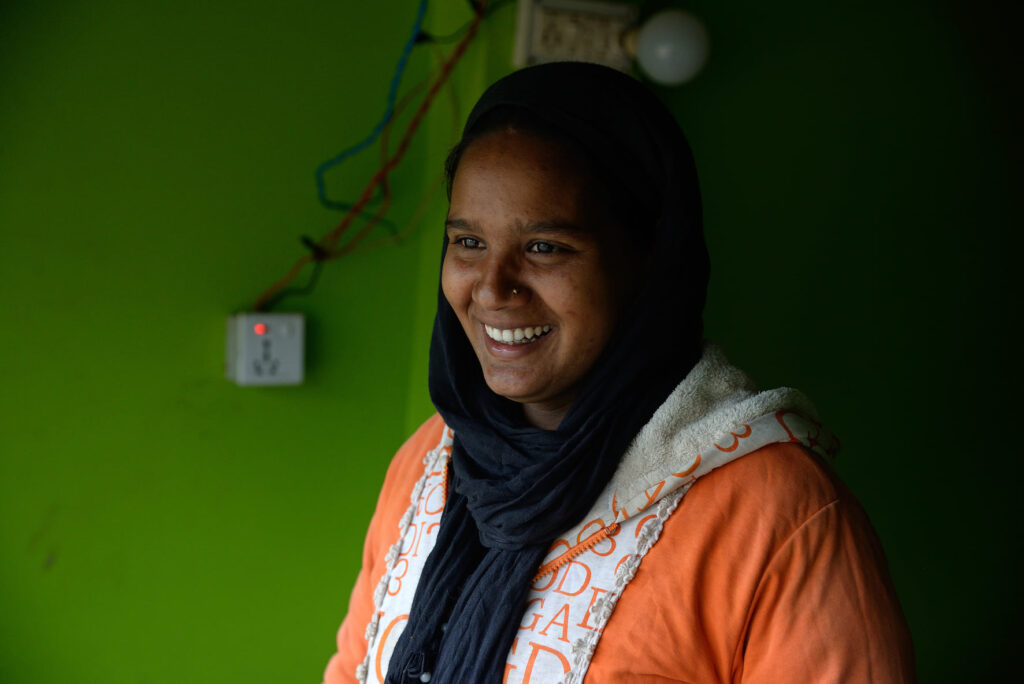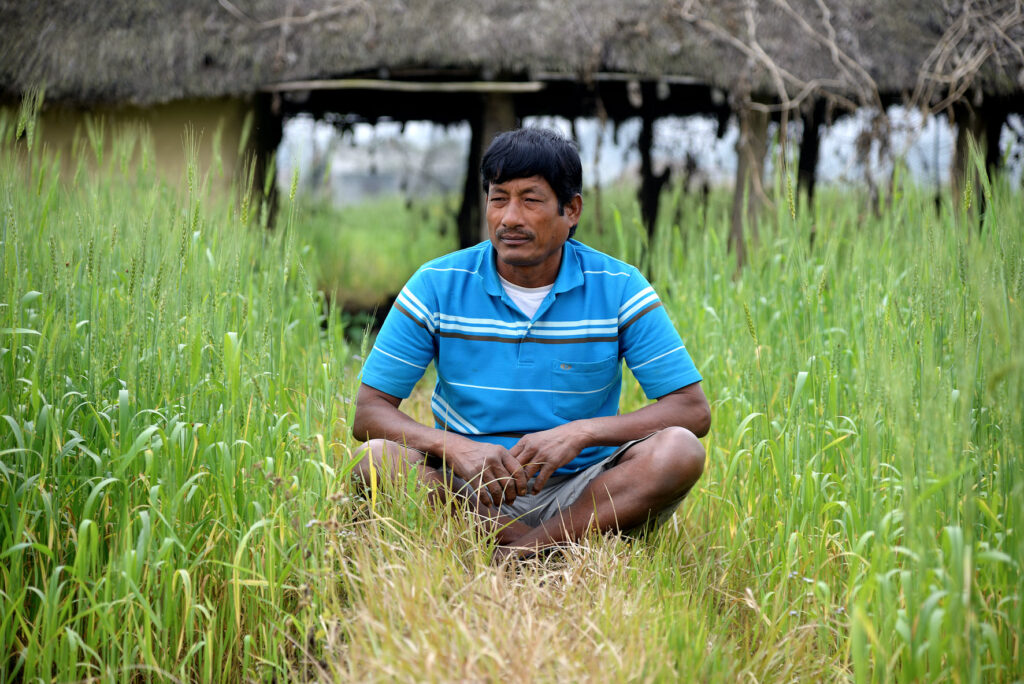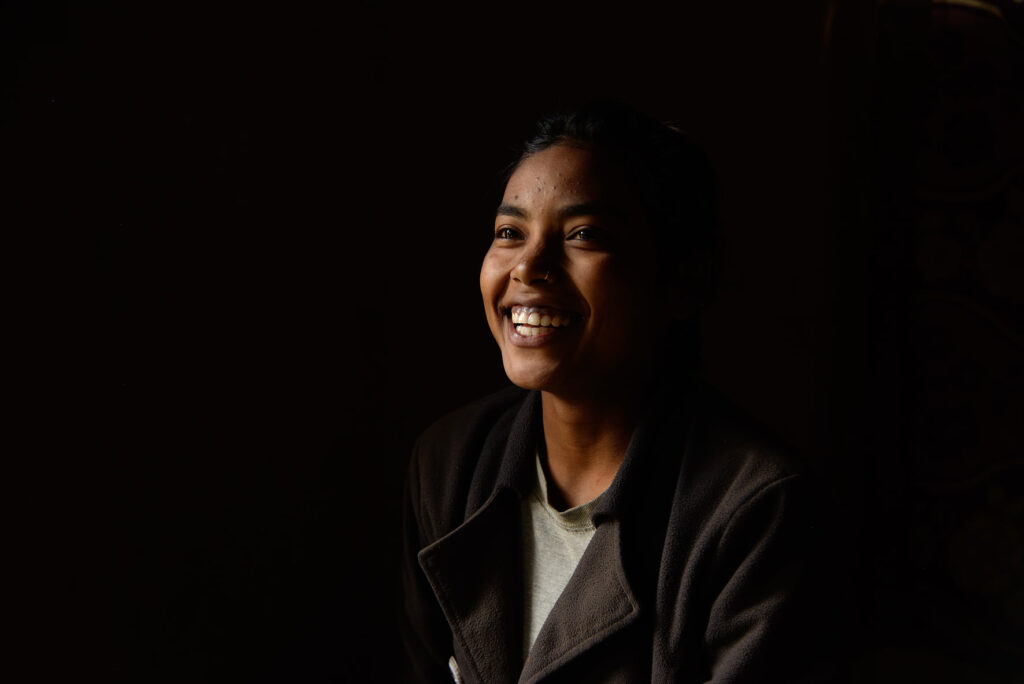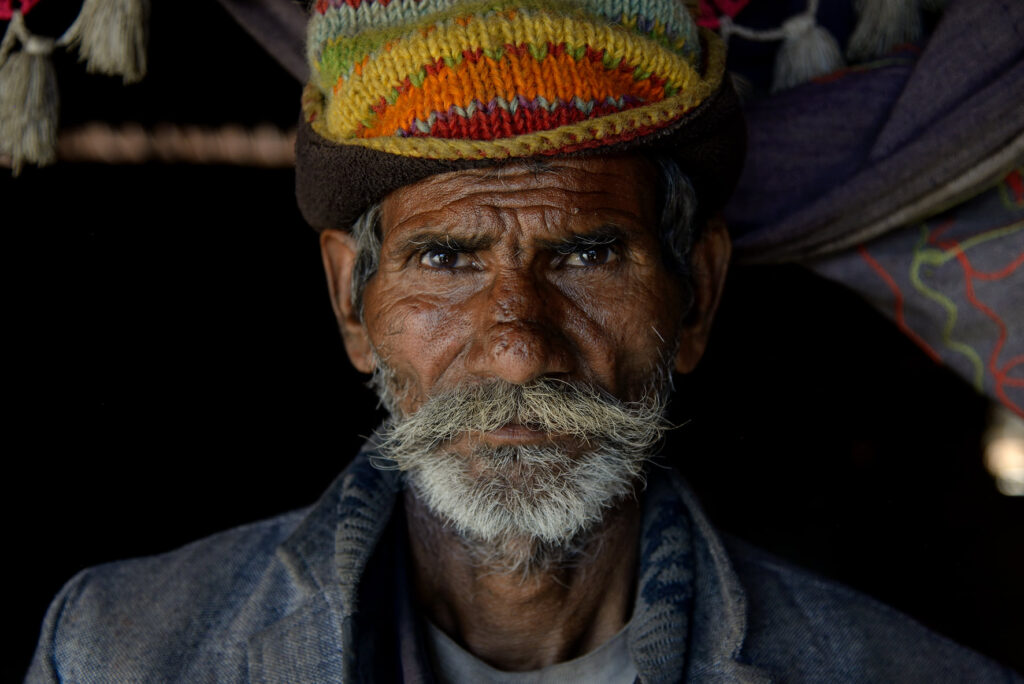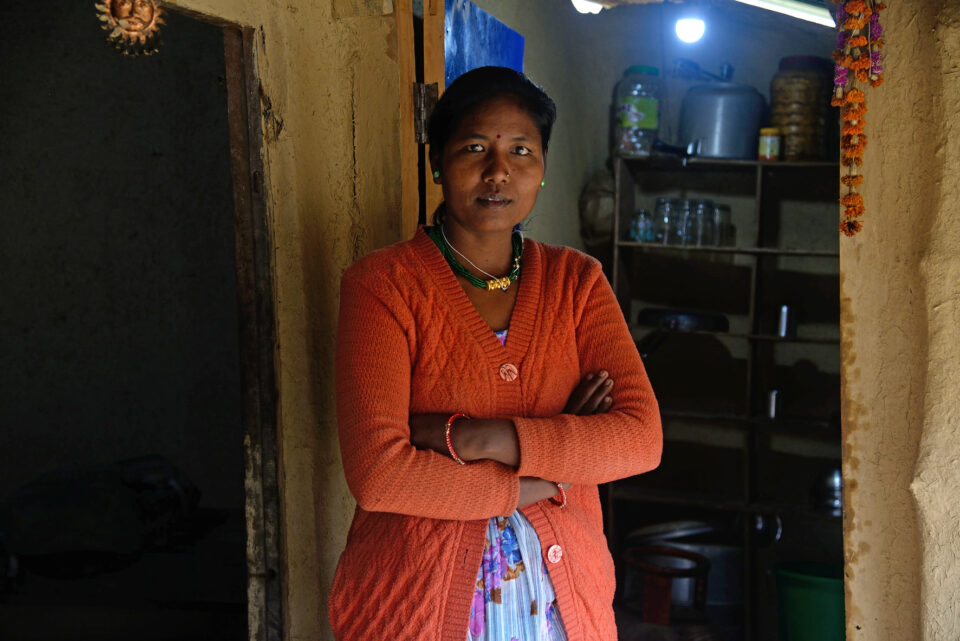
Kamala Devi Chaudhary Dhangadi 17, Dhurjhanna
(Part 1/2) “From the days of my childhood, I have loved animals. But it was different for Father and Mother. They wanted to get away as far as they could from the animals. They despised their lives. Maybe their frustrations came from the fact that the animals they reared were not theirs. It was their master’s. Living with the animals all day, from morning to night but not being able to own them became the reason for the unhappiness. School was never mentioned in the household. I was far from our reality, far from the muddy house and far from the little pennies that Father and Mother counted every night. They hardly made 40 rupees a day and we were 5 of us. But it did not occur to me back then that I was missing something important by not being able to go to school. I was happy rearing the animals. They gave me love and company.
I did that until adulthood. When I came of age I got married like most of the girls in my community. Some were 12, some were 14, some 19 and some 16. I was a young girl myself. I felt sad leaving home but I also felt sad leaving the animals that I have reared. I could not take them with me for they were not mine. The master owned them.
When I came to my husband’s house nothing really changed. He was also a poor man. He had some good habits and some bad just like in all of us. I think more than the nature of people what affected us was the nature of the state and the ones who ruled made laws that were in favor of them. There was no rule or law to make things convenient for the poor. So we have to be Kamlaris and Kamailyas. We only have two options; either slave for the masters or die hungry.”
#RightToEarnALiving
Stories of Nepal X ICCO Cooperation South Asia X European Union in Nepal
